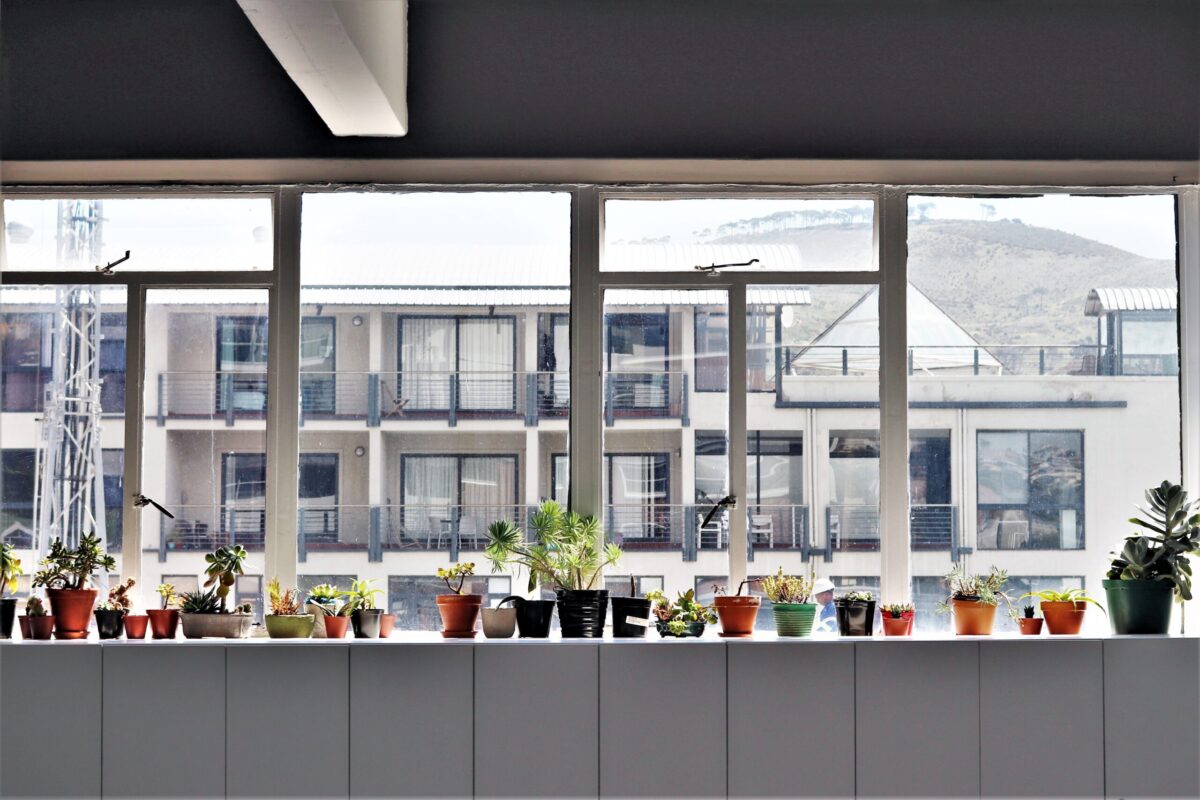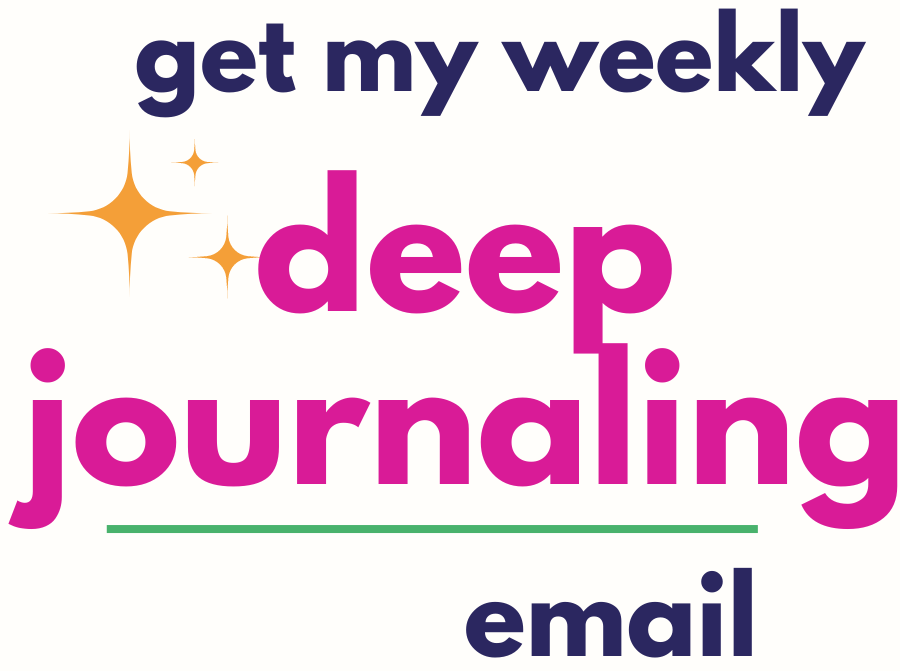This is a guest post from Nicole Tilde, who shares her unique take on journaling and love of writers with us. Many thanks to Nicole for contributing to Journaling Saves!
I see a crack in the window pane, bricks the color of fading clay and the green husks of Magnolia leaves bouncing outside. A flashing cursor prompting me to move, go forward and seek.
The muffled sounds of cars moving down the distant highway and my cat snoring beside me are soothing. Sounds I can remember so well that they often blend in, hardly noticed until I cup a proverbial hand to my ear.
Journaling does this for me, it cups my ear and I stand in attention. It brings sound closer and commands me to notice what I notice.
I burnt my fingers tips about a month ago and now my fingers feel spongy on the keys. I have to stop on occasion and get used to the fresh skin. My right fingers don’t feel like the left and they even wrap around a pen differently. This is what I feel, what I am noticing now with my touch.
I was recently reading about the writer, Marcel Proust and how he journaled about the senses of smell and taste. In Proust’s famous, In Search of Lost Time, he wrote about drinking tea and eating cake and how the experience brought him insight about how memory works.
He wrote about things neuroscientists are only starting to prove today. While some need theories and microscopes Proust needed only to sit with his pen and to taste the sweet cake of reflective thought.
No sooner had the warm liquid mixed with the crumbs touched my palate than a shudder ran through me and I stopped, intent upon the extraordinary thing that was happening to me. An exquisite pleasure had invaded my senses, something isolated, detached, with no suggestion of origin.
~Marcel Proust , In Search of Lost Time
In The Element, the book by Sir Ken Robinson PhD, he lists four more senses that psychologists are starting to embrace:
- The sense of temperature (thermoception) which allows us to feel hot or cold
- The sense of pain (nocicepton), pretty self explanatory
- The vestibular sense (equilibrioception) which is our sense of balance
- The kinesthetic sense (proprioception) which is a spacial sense that allows us to understand where our limbs are in space and to relation to each other
When I think of being cold my mind takes off to Jack London and the way he described the white of a snowy bank like it contained everything I could ever query in life. Was he cold when he wrote about these things or maybe like Proust, merely eating a cookie in the comfort of his own home? He quite possibly could have journaled the whole thing into being.
It was all pure white, rolling in gentle undulations where the ice-jams of the freeze-up had formed. North and south, as far as his eye could see, it was unbroken white, save for a dark hair-line that curved and twisted from around the spruce-covered island to the south, and that curved and twisted away into the north, where it disappeared behind another spruce-covered island. This dark hair-line was the trail–the main trail–that led south five hundred miles to the Chilcoot Pass, Dyea, and salt water…
~Jack London, To Build a Fire
I don’t need to talk about pain do I? Journaling is a release valve for pain. Like popping a boil or the anti-venom for a heart break. Most writers write from their darkest place even if there is joy in the words. We journey underground like Persephone to be born again with words that heal. Sylvia Plath was tormented and I think it would be safe to assume that writing was a relieving space to her.
Dying is an art, like everything else. I do it exceptionally well. I do it so it feels like hell. I do it so it feels real. I guess you could say I’ve a call.< br>
~ Sylvia Plath
Balance? Well, of course! Even if you are a novice journaler you know the juxtaposition of hot coffee, a pen, a notebook or even a laptop. Good journaling is like a big comfy sofa with cushions soft enough to squeeze your mug right down beside you. We are excellent at balancing. Forget gymnastics or athletics, balancing and journaling go hand in hand.
Where are your limbs? Where are mine? When you are journaling you have nothing to hide. Your hands are out in the open for all to see. Like approaching a horse with a carrot or a dog with a treat, we carry our hearts on the bleeding end of a ball-point pen, out in the open for all to see. My feet are crossed, a body language of introspection that bleeds itself onto a warm and waiting blank page.
But this is only nine. Where is the tenth?
And if I might add my own experience here, jump to a conclusion or be self professorial for a bit, journaling for me has created this other sense. Some venture to call it the sixth sense. It is an eye that opens when we are immersed in our work, lost in our thoughts, taking big steps in the snow with Jack, eating cake with Proust and seething in poetic angst with Sylvia.
It is when we go and don’t edit that this other worldly sense opens the flood gates. It is when our heads are down and our hands are busy that this sense kicks in. Call it intuition, call it inspiration, but it is a sense that is self perpetuated by doing what you are most passionate about and freeing yourself up to doing it.
For me, there is something transformative about flying through and through myself and then letting the thoughts lift off the paper like a flock of birds. Journaling allows me to define the birds, to hear them, see them and throw them bits of my words. Pigeons today and Sea-birds or Blue Heron tomorrow, no matter, there is magic in the sensory experience of journaling.
To me it is a journey of the senses and the only practice for living an unedited life. What about you? What senses do you think you use the most when you are journaling? What has been your greatest journaling experience? Or just use the comment space below to blast off and write what you really feel!
Nicole Rushin is writer who most often blogs and a blogger who loves to write. And when she is confused about which one, she picks up a pen. Nicole shares her work most graciously on her blog Writing As Loud As I Can.




